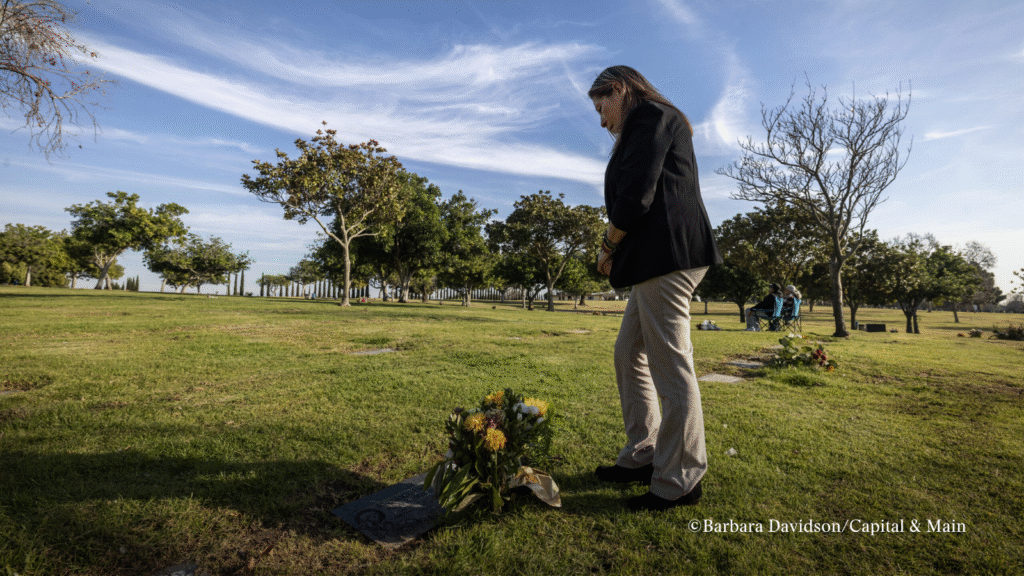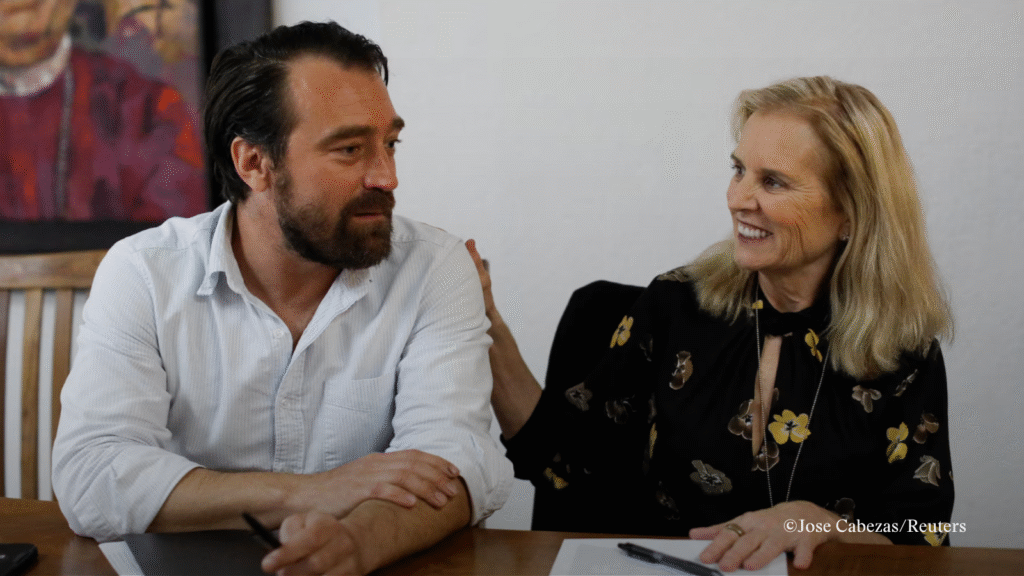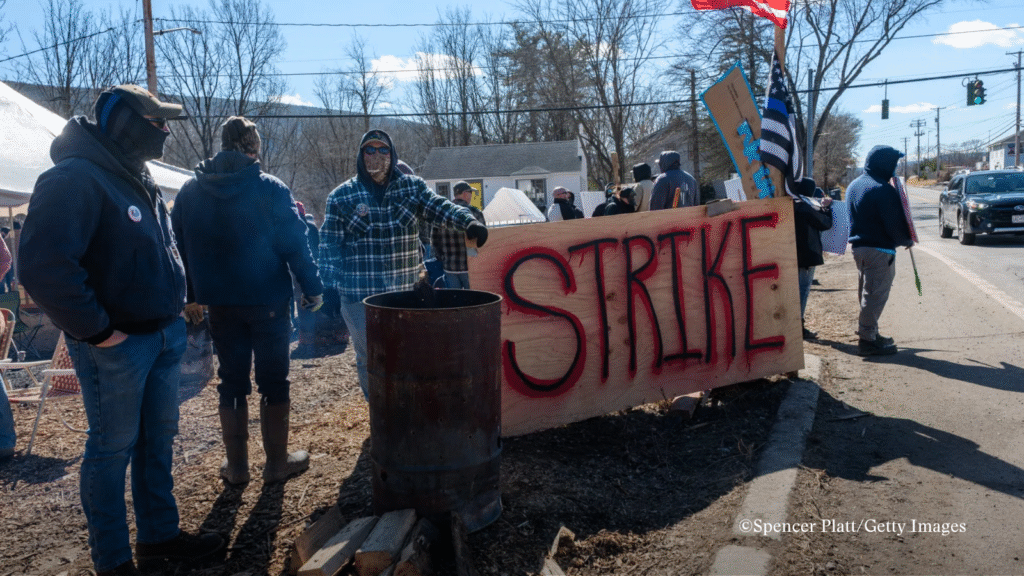
International Tribunal Condemns U.S. Border Officials for Torturing, Killing Immigrant
Nearly 15 years after Anastasio Hernández Rojas’ wife began pushing for justice in her husband’s killing, an international human rights commission found that U.S. border officials were responsible for his death — and that they tortured him before he died. This is the first time that the Inter-American Commission on Human Rights, part of the Organization of American States of which the United States is a member, has made a ruling about a law enforcement killing on U.S. soil.

Kerry Kennedy Says The Salvadoran Government Denied Her Access to Venezuelan Clients Held in El Salvador
More than 250 Venezuelans were deported from the United States to a maximum security Salvadoran prison beginning of March, under an agreement through which the United States is paying El Salvador to hold the prisoners. The U.S. administration alleges the people it deported are gang members and it can deport them under a 18th-century wartime law, but lawyers and family members say their clients and loved ones are innocent and were deprived of due process. “Despite the right of our clients and thousands of Salvadorans to be attended by their lawyers, the government of El Salvador, starting with President (Nayib) Bukele, did not respect these rights and denied us, their lawyers, access to our clients,”Kerry Kennedy told a press conference.

Immigrants From Around the Country Keep Getting Detained In Louisiana. It’s No Coincidence.
Several of the recent high-profile cases of immigrant detention have something in common. The Columbia University activist Mahmoud Khalil, the University of Alabama engineering doctoral candidate Alireza Doroudi, the Tufts graduate student Rumeysa Ozturk and the young scientist Kseniia Petrova were rounded up in their states and sent to detention centers in Louisiana. It is no coincidence that they all were sent to the same state — a place where they are far from their families, communities and legal counsel.

In Aftermath of Correctional Officers Strike, New York’s Incarcerated Population Faces The Brunt of Uncertainty
This February, more than 2,000 New York state correctional officers participated in a three-weeklong illegal strike, disrupting or downright halting many aspects of prison life, such as educational programming, recreation, mail delivery, and visitation. Some incarcerated people also reported skipped meal times, filthy living conditions, and lack of access to time-sensitive medication.

